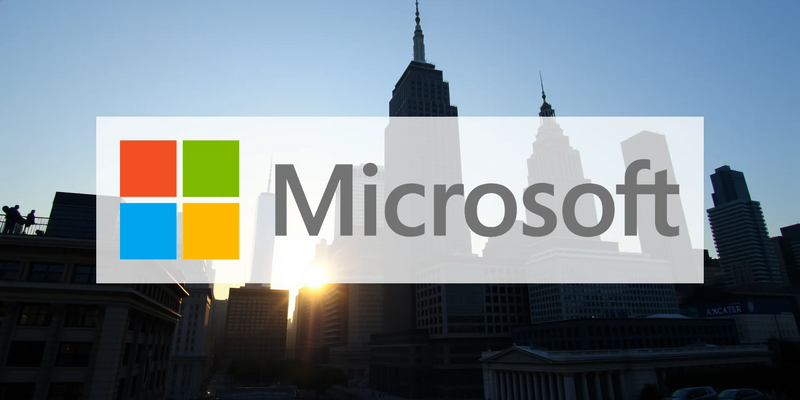Microsoft’s AI Ambitions Face Profitability Test as Shares Slide
19.11.2025 - 10:33:04Microsoft's position as a leading beneficiary of the artificial intelligence revolution is facing renewed scrutiny. Following disappointing quarterly results and a critical analyst assessment, the company's stock has fallen below a key technical threshold. A central concern is emerging: whether the massive capital expenditures directed toward AI development will ultimately deliver returns that justify their scale.
The market response was immediate and decisive. On Tuesday, Microsoft shares declined by nearly 3%, breaching a critical support level at $555.45. The elevated trading volume accompanying this drop suggests significant institutional repositioning, indicating that major investors may be reducing their exposure.
Despite maintaining a solid 20% gain for the year—outperforming the S&P 500's 13% advance—doubts are intensifying. The core issue revolves around Microsoft's ability to demonstrate that its enormous investments in AI infrastructure will translate into sustainable profitability, or if the AI boom could become a drag on returns.
A Critical Analyst Assessment
A pivotal report from investment bank Rothschild Redburn on November 18 catalyzed the recent pessimism. The firm downgraded Microsoft from "Buy" to "Neutral" and substantially reduced its price target from $560 to $500. The analysis presented a stark comparison: generating one dollar of revenue from generative AI requires approximately six times more capital than traditional cloud services. This shift suggests a "structurally more capital-intensive" business model that could severely pressure cash flow generation over the long term.
Should investors sell immediately? Or is it worth buying Microsoft?
A more alarming assertion from the analysts involves potential "value migration" within the Office 365 suite. The integration of third-party AI models from partners like OpenAI and Anthropic might paradoxically undermine Microsoft's own profitability, despite the company's multi-billion dollar investments in OpenAI. This raises a fundamental question: Who stands to gain the most from the AI revolution—Microsoft or its partners?
Investor Skepticism Amid Product Showcase
The timing of the stock decline was particularly notable as it coincided with Microsoft's Ignite conference in San Francisco. The company staged a 150-minute presentation focused entirely on its AI capabilities, showcasing enhanced Copilot features, the new Agent-365 framework, and Security Copilot integration for Microsoft 365 E5. The intended message was one of undisputed AI leadership.
However, the market reaction was tepid. While CEO Satya Nadella promoted the new product functionalities, investors were preoccupied with a different set of questions: What is the total cost of this ambitious roadmap, and when can shareholders expect a return? Although the Azure cloud division contributes over half of the company's revenue growth, margin compression is becoming a critical concern. The AI-driven expansion may carry a much higher price tag than Microsoft has publicly acknowledged.
The central challenge for Microsoft is now clear: convincing the market that its multi-billion dollar wager on artificial intelligence is not a capital-intensive dream turning into a profitability nightmare.
Ad
Microsoft Stock: Buy or Sell?! New Microsoft Analysis from November 19 delivers the answer:
The latest Microsoft figures speak for themselves: Urgent action needed for Microsoft investors. Is it worth buying or should you sell? Find out what to do now in the current free analysis from November 19.
Microsoft: Buy or sell? Read more here...


